SURVEY ON 52 HOUR WORK WEEK SYSTEM
입력 2019.09.11 (15:01)
수정 2019.09.11 (16:45)
읽어주기 기능은 크롬기반의
브라우저에서만 사용하실 수 있습니다.
[Anchor Lead]
It's been just over a year since the 52-hour workweek system was introduced beginning with public agencies and large companies with over 300 employees. Regarding the actual effects of the change, a government survey using big data analysis has shown that work hours are decreasing, as more people now spend after-work hours for themselves rather than going out for a drink.
[Pkg]
Gwanghwamun and Yeouido in Seoul and the Pangyo area in Gyeonggi-do Province are major office towns, home to a large number of public corporations and big firms. A new survey has found that since the 52-hour workweek was adopted in July last year, working hours have been decreasing. Gwanghwamun reported the steepest drop, averaging 39 minutes less work per day, followed by 9.9 minutes in Yeouido, and 9.7 minutes less for workers in Pangyo. The average for the three areas came to a 19.6-minute daily reduction of work. Assuming 20 workdays in a month, this means about six and a half hours of less work per month. However daily work hours have rather increased by 0.6 minutes for office workers at the Gasan Digital Complex in western Seoul. This is because the complex houses many small- and mid-sized firms for whom the 52 hour rule has yet to be applied. The survey also shows that fewer work hours have translated into more personal time to invest in oneself. Since the 52 hour rule was introduced, credit card use at tourism and leisure related establishments such as travel agencies and gyms in the Gwanghwamun area has increased sharply. The sports and leisure sector also received a boost in Yeouido while spending on golf increased in Pangyo, all indicating that more workers are opening their wallets for hobbies and spare time. During the same period, credit card use at entertainment establishments dropped across the board.
[Soundbite] GWON GI-SEOB(MINISTRY OF EMPLOYMENT & LABOR) : "Spending at entertainment joints such as pubs, karaokes and cocktail bars is clearly declining. Sales of cafeteria dinner services at companies are also falling."
The latest survey analyzed big data from 153-thousand office workers. It was commissioned by the Employment and Labor Ministry and conducted by Korea Telecom and BC Card. Starting January, the 52 hour workweek will also apply to smaller firms employing between 50 and 300 workers and will eventually affect all companies from July 2021.
It's been just over a year since the 52-hour workweek system was introduced beginning with public agencies and large companies with over 300 employees. Regarding the actual effects of the change, a government survey using big data analysis has shown that work hours are decreasing, as more people now spend after-work hours for themselves rather than going out for a drink.
[Pkg]
Gwanghwamun and Yeouido in Seoul and the Pangyo area in Gyeonggi-do Province are major office towns, home to a large number of public corporations and big firms. A new survey has found that since the 52-hour workweek was adopted in July last year, working hours have been decreasing. Gwanghwamun reported the steepest drop, averaging 39 minutes less work per day, followed by 9.9 minutes in Yeouido, and 9.7 minutes less for workers in Pangyo. The average for the three areas came to a 19.6-minute daily reduction of work. Assuming 20 workdays in a month, this means about six and a half hours of less work per month. However daily work hours have rather increased by 0.6 minutes for office workers at the Gasan Digital Complex in western Seoul. This is because the complex houses many small- and mid-sized firms for whom the 52 hour rule has yet to be applied. The survey also shows that fewer work hours have translated into more personal time to invest in oneself. Since the 52 hour rule was introduced, credit card use at tourism and leisure related establishments such as travel agencies and gyms in the Gwanghwamun area has increased sharply. The sports and leisure sector also received a boost in Yeouido while spending on golf increased in Pangyo, all indicating that more workers are opening their wallets for hobbies and spare time. During the same period, credit card use at entertainment establishments dropped across the board.
[Soundbite] GWON GI-SEOB(MINISTRY OF EMPLOYMENT & LABOR) : "Spending at entertainment joints such as pubs, karaokes and cocktail bars is clearly declining. Sales of cafeteria dinner services at companies are also falling."
The latest survey analyzed big data from 153-thousand office workers. It was commissioned by the Employment and Labor Ministry and conducted by Korea Telecom and BC Card. Starting January, the 52 hour workweek will also apply to smaller firms employing between 50 and 300 workers and will eventually affect all companies from July 2021.
■ 제보하기
▷ 카카오톡 : 'KBS제보' 검색, 채널 추가
▷ 전화 : 02-781-1234, 4444
▷ 이메일 : kbs1234@kbs.co.kr
▷ 유튜브, 네이버, 카카오에서도 KBS뉴스를 구독해주세요!
- SURVEY ON 52 HOUR WORK WEEK SYSTEM
-
- 입력 2019-09-11 15:00:31
- 수정2019-09-11 16:45:33
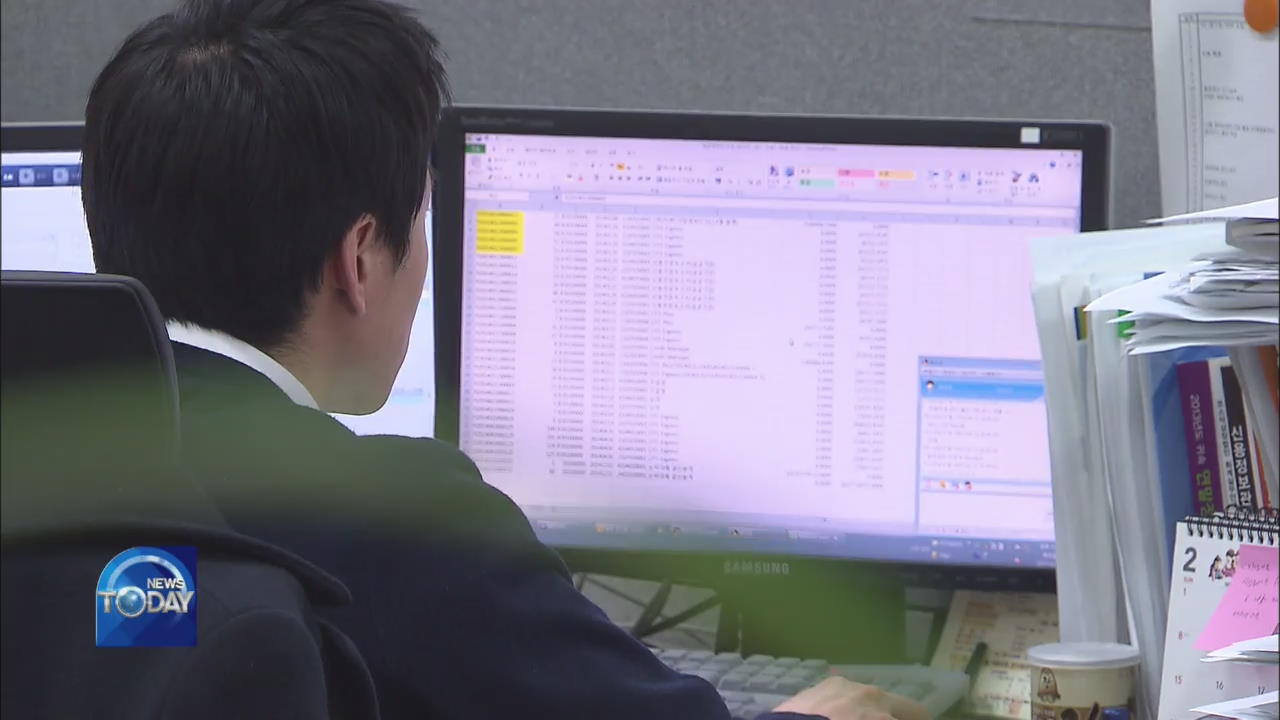
[Anchor Lead]
It's been just over a year since the 52-hour workweek system was introduced beginning with public agencies and large companies with over 300 employees. Regarding the actual effects of the change, a government survey using big data analysis has shown that work hours are decreasing, as more people now spend after-work hours for themselves rather than going out for a drink.
[Pkg]
Gwanghwamun and Yeouido in Seoul and the Pangyo area in Gyeonggi-do Province are major office towns, home to a large number of public corporations and big firms. A new survey has found that since the 52-hour workweek was adopted in July last year, working hours have been decreasing. Gwanghwamun reported the steepest drop, averaging 39 minutes less work per day, followed by 9.9 minutes in Yeouido, and 9.7 minutes less for workers in Pangyo. The average for the three areas came to a 19.6-minute daily reduction of work. Assuming 20 workdays in a month, this means about six and a half hours of less work per month. However daily work hours have rather increased by 0.6 minutes for office workers at the Gasan Digital Complex in western Seoul. This is because the complex houses many small- and mid-sized firms for whom the 52 hour rule has yet to be applied. The survey also shows that fewer work hours have translated into more personal time to invest in oneself. Since the 52 hour rule was introduced, credit card use at tourism and leisure related establishments such as travel agencies and gyms in the Gwanghwamun area has increased sharply. The sports and leisure sector also received a boost in Yeouido while spending on golf increased in Pangyo, all indicating that more workers are opening their wallets for hobbies and spare time. During the same period, credit card use at entertainment establishments dropped across the board.
[Soundbite] GWON GI-SEOB(MINISTRY OF EMPLOYMENT & LABOR) : "Spending at entertainment joints such as pubs, karaokes and cocktail bars is clearly declining. Sales of cafeteria dinner services at companies are also falling."
The latest survey analyzed big data from 153-thousand office workers. It was commissioned by the Employment and Labor Ministry and conducted by Korea Telecom and BC Card. Starting January, the 52 hour workweek will also apply to smaller firms employing between 50 and 300 workers and will eventually affect all companies from July 2021.
It's been just over a year since the 52-hour workweek system was introduced beginning with public agencies and large companies with over 300 employees. Regarding the actual effects of the change, a government survey using big data analysis has shown that work hours are decreasing, as more people now spend after-work hours for themselves rather than going out for a drink.
[Pkg]
Gwanghwamun and Yeouido in Seoul and the Pangyo area in Gyeonggi-do Province are major office towns, home to a large number of public corporations and big firms. A new survey has found that since the 52-hour workweek was adopted in July last year, working hours have been decreasing. Gwanghwamun reported the steepest drop, averaging 39 minutes less work per day, followed by 9.9 minutes in Yeouido, and 9.7 minutes less for workers in Pangyo. The average for the three areas came to a 19.6-minute daily reduction of work. Assuming 20 workdays in a month, this means about six and a half hours of less work per month. However daily work hours have rather increased by 0.6 minutes for office workers at the Gasan Digital Complex in western Seoul. This is because the complex houses many small- and mid-sized firms for whom the 52 hour rule has yet to be applied. The survey also shows that fewer work hours have translated into more personal time to invest in oneself. Since the 52 hour rule was introduced, credit card use at tourism and leisure related establishments such as travel agencies and gyms in the Gwanghwamun area has increased sharply. The sports and leisure sector also received a boost in Yeouido while spending on golf increased in Pangyo, all indicating that more workers are opening their wallets for hobbies and spare time. During the same period, credit card use at entertainment establishments dropped across the board.
[Soundbite] GWON GI-SEOB(MINISTRY OF EMPLOYMENT & LABOR) : "Spending at entertainment joints such as pubs, karaokes and cocktail bars is clearly declining. Sales of cafeteria dinner services at companies are also falling."
The latest survey analyzed big data from 153-thousand office workers. It was commissioned by the Employment and Labor Ministry and conducted by Korea Telecom and BC Card. Starting January, the 52 hour workweek will also apply to smaller firms employing between 50 and 300 workers and will eventually affect all companies from July 2021.
이 기사가 좋으셨다면
-
좋아요
0
-
응원해요
0
-
후속 원해요
0










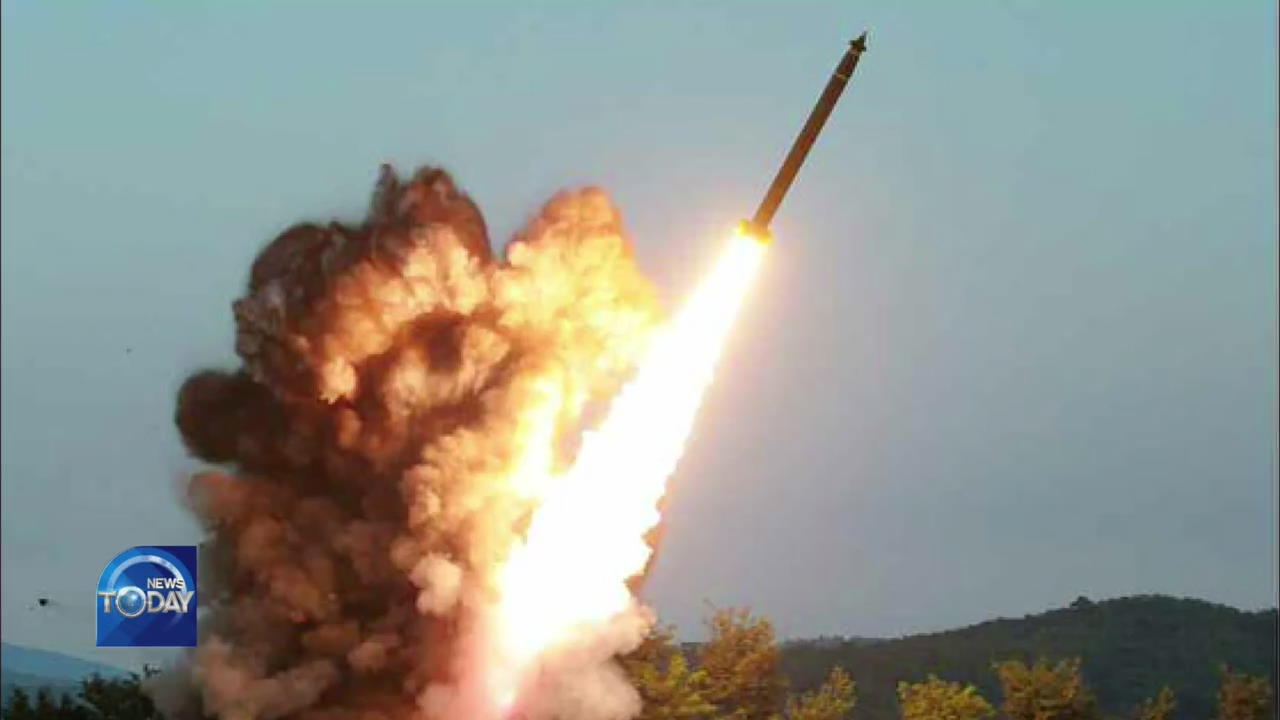

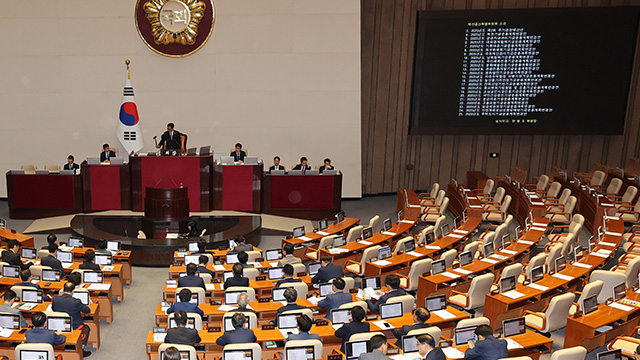
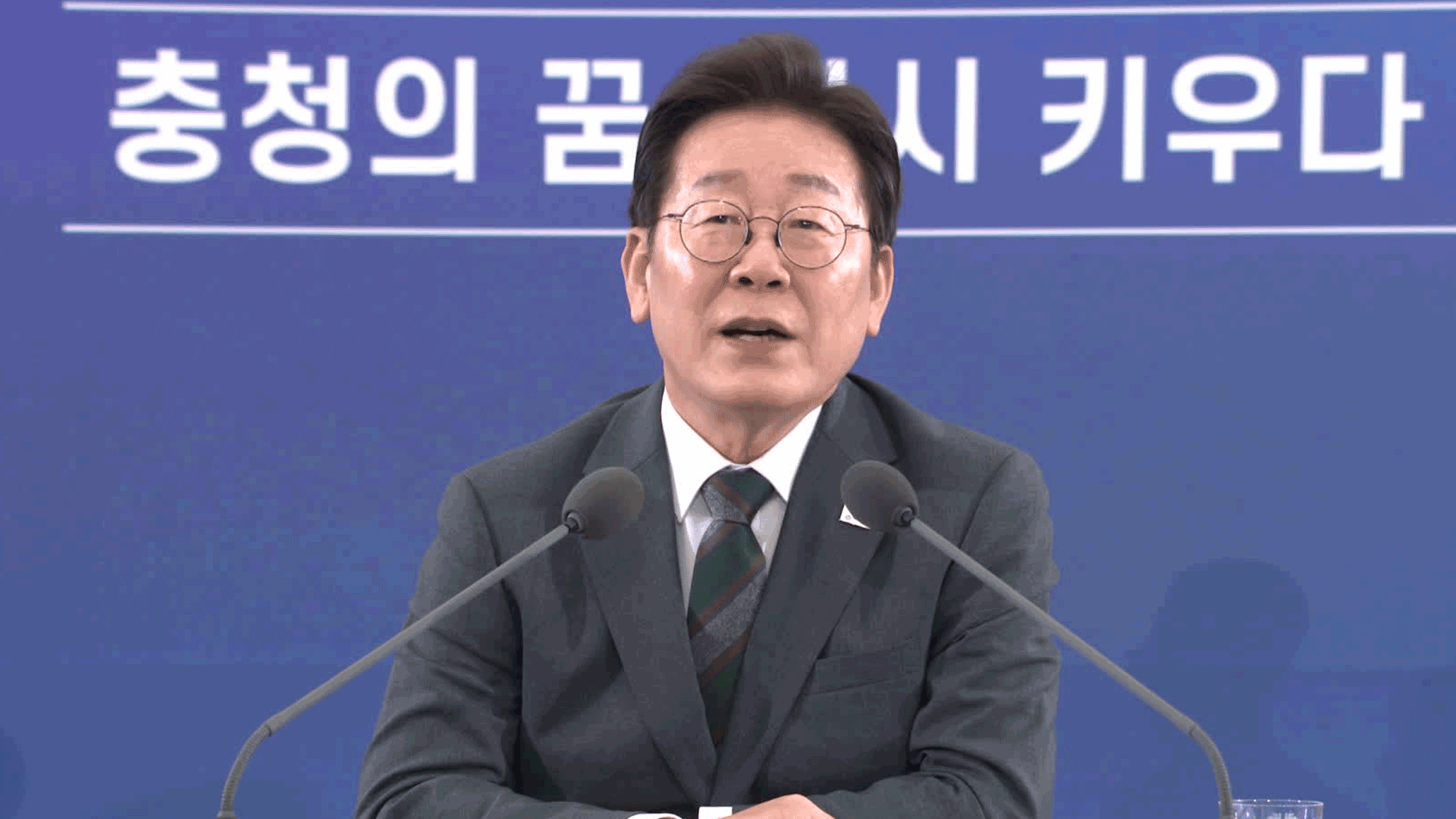
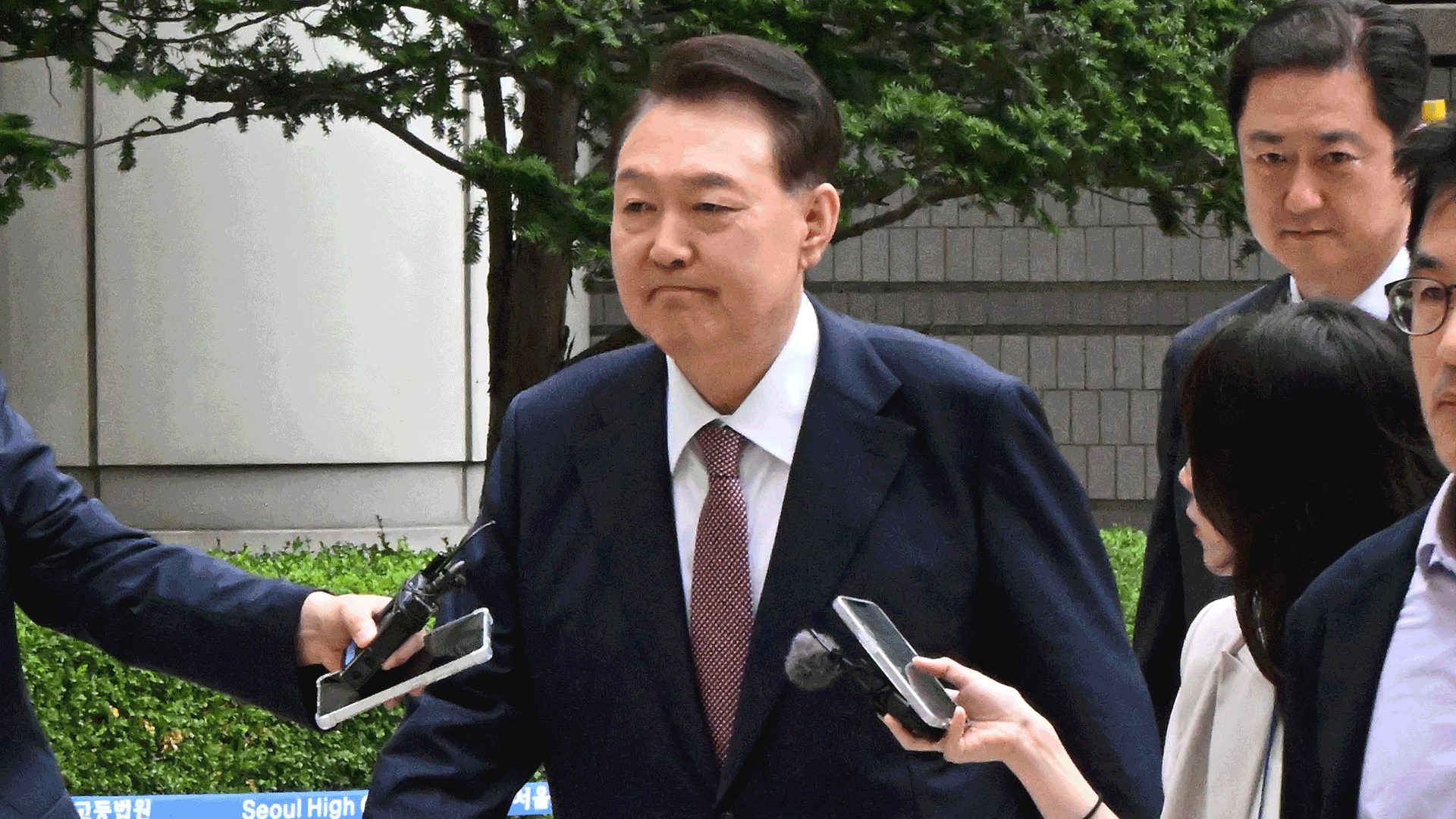
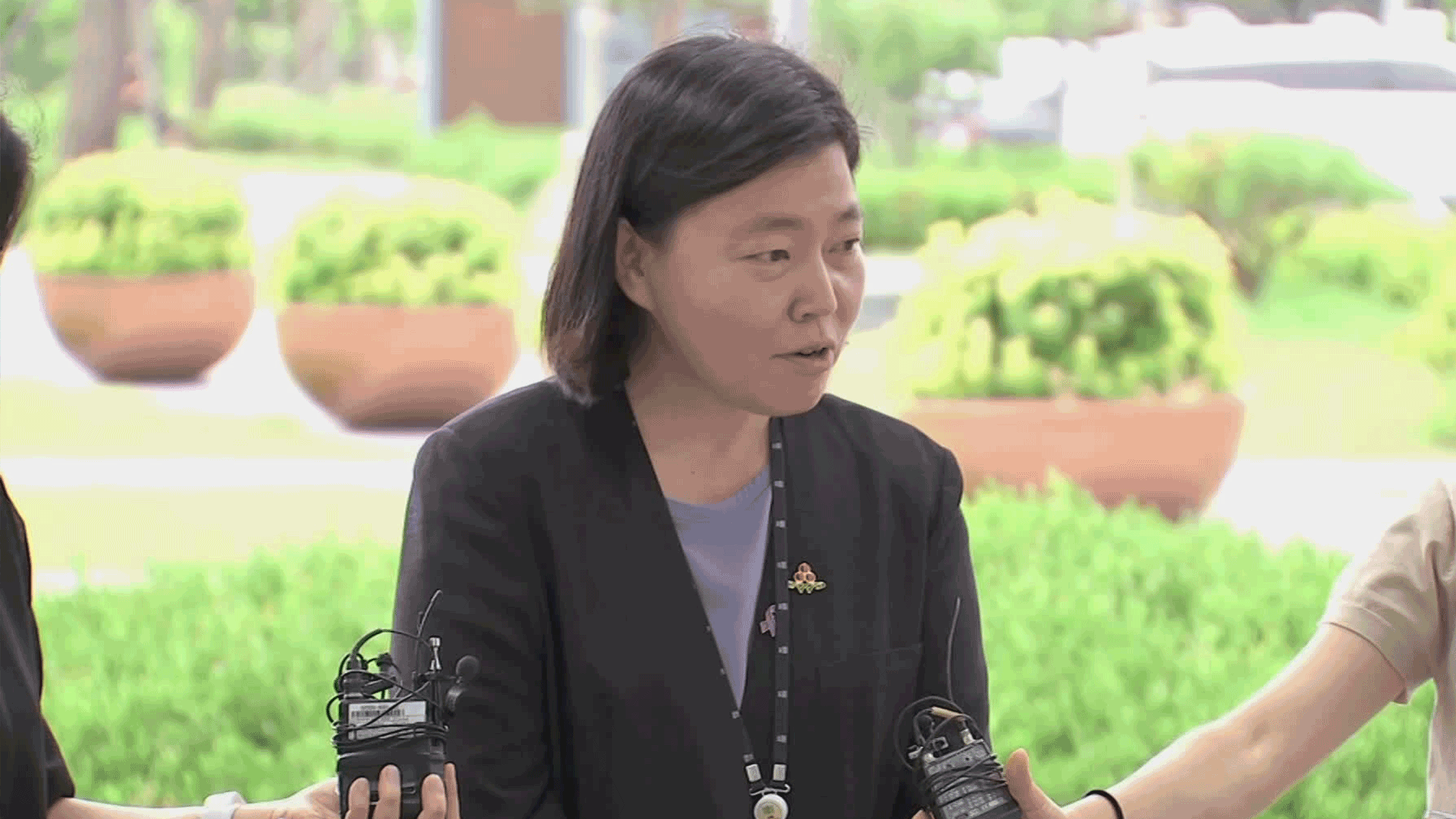

이 기사에 대한 의견을 남겨주세요.